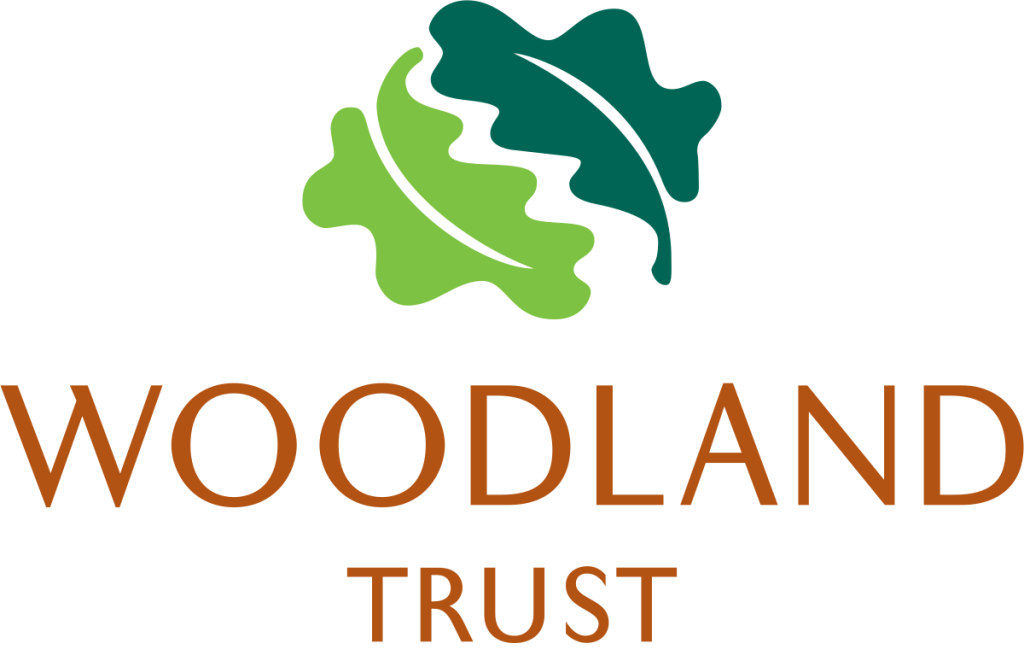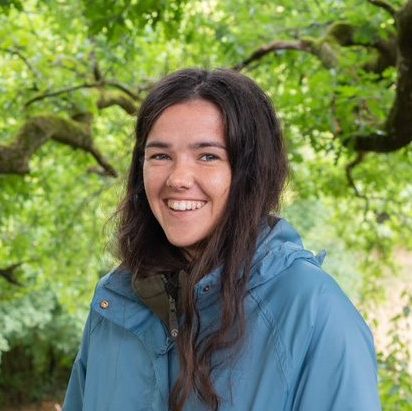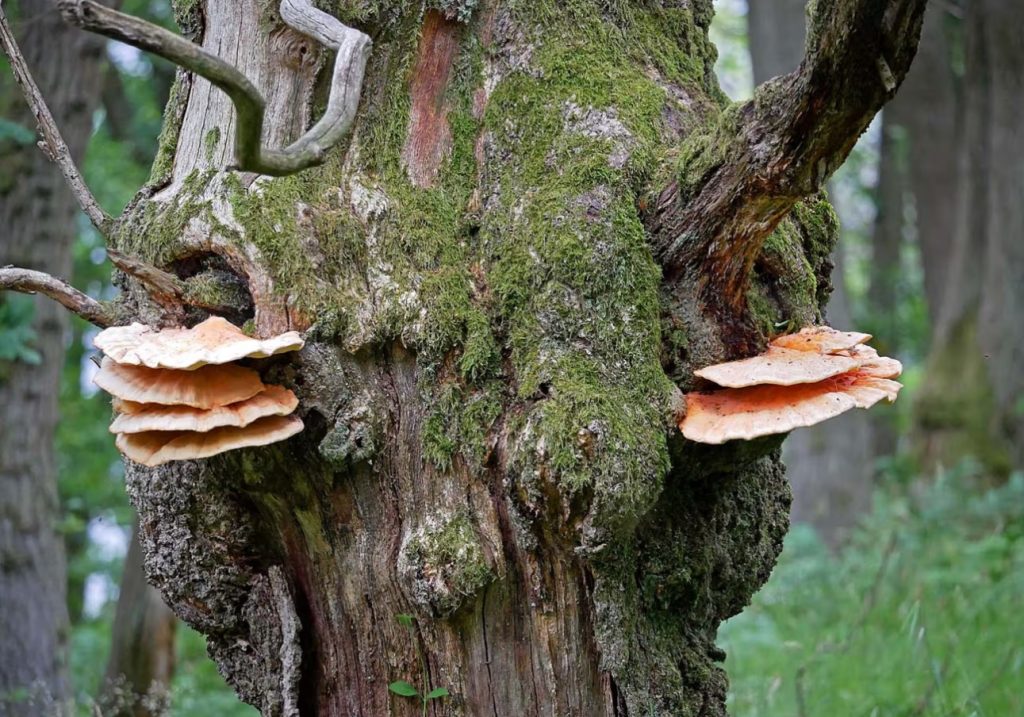Resilience through creativity

With Many Roots successful pilot project tackles climate grief through storytelling
Woodland Trust boosts staff wellbeing through innovative pilot project
In 2023, a business that evolved to address the climate and inequality crisis, With Many Roots teamed up with the Woodland Trust to run a unique and innovative pilot study that combines peer grief counselling, imagination and creative writing to combat burnout among those working in the environmental NGO sector.

In 2023, a business that evolved to address the climate and inequality crisis, With Many Roots teamed up with the Woodland Trust to run a unique and innovative pilot study that combines peer grief counselling, imagination and creative writing to combat burnout among those working in the environmental NGO sector.
From January to March, the With Many Roots team – founder Sophia Cheng, grief counsellor Daphne Pleace and creative writing tutor Clare Diston – ran nine sessions of the “Building Our Innervism” project with 14 members of staff from the Woodland Trust, mainly from the Policy Campaigns and External Affairs team.
Following the heatwave in the summer of 2022, some Woodland Trust staff felt that things were out of their control; they were stuck at their desks, burned out and hopeless in the face of the climate crisis. After running an initial climate grief session internally, Sophia Cheng designed the course into a 3-month-long programme that aimed to build long-term resilience and active hope among people working in the environmental sector, working alongside Woodland Trust colleagues Naomi Tilley (Campaigns) and Cassie Staines (Wellbeing Champion, External Affairs).
The project focused on ‘innervism’, a term from Elizabeth Lesser, the other side of the coin to activism: where activism involves important, external work, innervism is the complementary inner work that allows activists to maintain hope – a vital but often overlooked requirement for facing difficult challenges. As one participant said: “the course recognises that tackling the climate challenge will require a deep-rooted connection to the cause in order for staff to create a meaningful career that doesn’t lose momentum or hope over the course of potentially decades.”
Over the course of a season, the programme built participants’ innervism in three ways. First, ‘composting sessions’ were run internally by the Woodland Trust, using tools and support from With Many Roots. These grief-work sessions held space for sadness and hopelessness, and allowed participants to sit with and share their feelings.
Second, ‘future-scoping sessions’ cast an eye to the future, taking one ecological solution or emerging technology each month and imagining what the world would be like if it were already so. These sessions were for imagination stretching, collective dreaming and building active hope based on tangible possibilities. The topics covered were district heating, food and woodlands.
Third, ‘myth-making sessions’ taught the participants creative writing skills, to allow them to write short stories about their imagined futures, to share with and help to inspire others within the organisation. Participants learned about plot structure, characterisation and scene setting, with the aim of “paint[ing] a picture of the future so delicious that we are longing to be there.” (Rob Hopkins, Transition Network).
After each session, participants were sent a follow-up email with further resources (including reading, podcasts, videos, websites and journalling prompts) to build on what was covered in the session. At the end of the programme, participants finished writing their stories, and these were then shared in a storytelling session with colleagues at the Woodland Trust departmental meeting.

The response to the pilot was overwhelmingly positive: 82% of participants said they would highly recommend it. Questionnaires at the end of the project revealed that those who had taken part felt better able to communicate their emotions constructively, more resilient, more confident as storytellers and better able to imagine a positive future.
One participant said: “it turned out to be the best hour of my week, every week it was on, and allowed me to express a part of my brain that my day job doesn’t use. I didn’t expect the group to connect as deeply as we did.”
Another added: “It met my expectation of having time and space to think about how we feel about the climate crisis, and gave me tools to foster hope and a positive vision of the future.” Naomi concluded:

The Innervism programme fundamentally changed my approach to personal resilience in a climate and nature crisis, putting it front and centre rather than a neglected afterthought. Reading our finished stories to our colleagues was a liberating (if terrifying!) culmination of the programme. Investing in the pilot and ultimately taking time to hear and witness our stories helped create a sense of genuine support, mutual understanding and collective hope, with ripples that spread far beyond the cohort that took part.
Naomi Tilley
Following this successful pilot, The Woodlands Trust have set up internal Climate Cafés where colleagues can meet and share their stories with each other. They aim to create a safe and comfortable space for this practice on a longer term basis.
With Many Roots is now offering this programme to other organisations in the environmental sector and other groups seeking creative resilience. To find out more, visit withmanyroots.com or email [email protected] .
